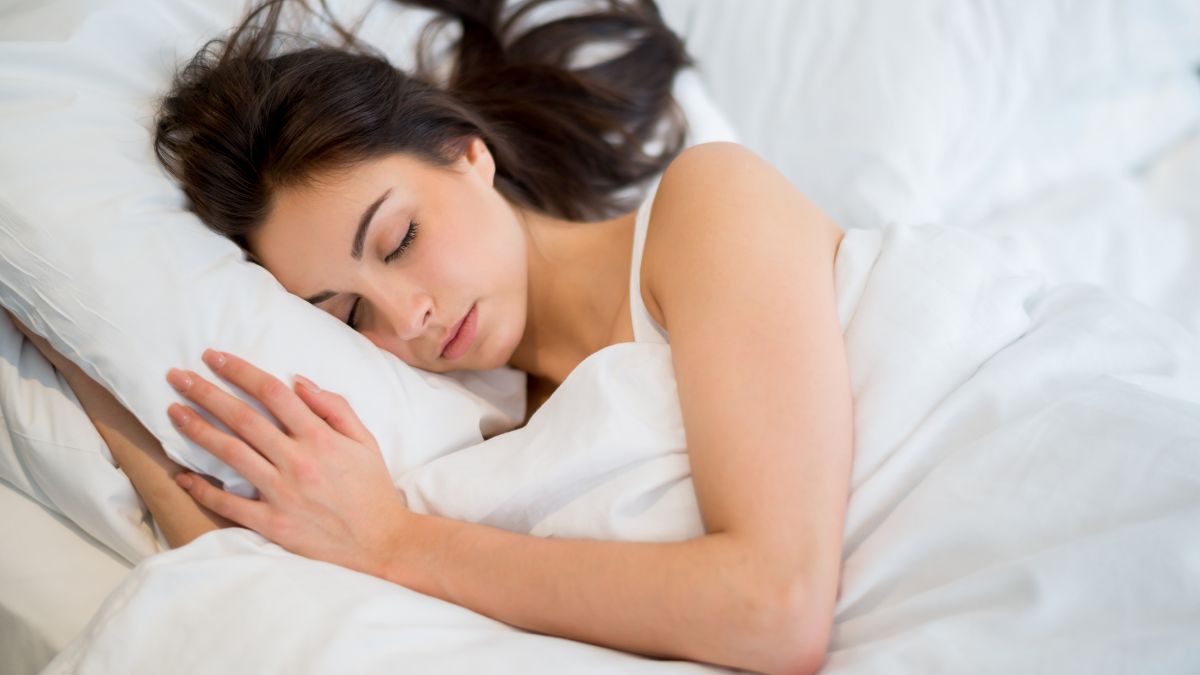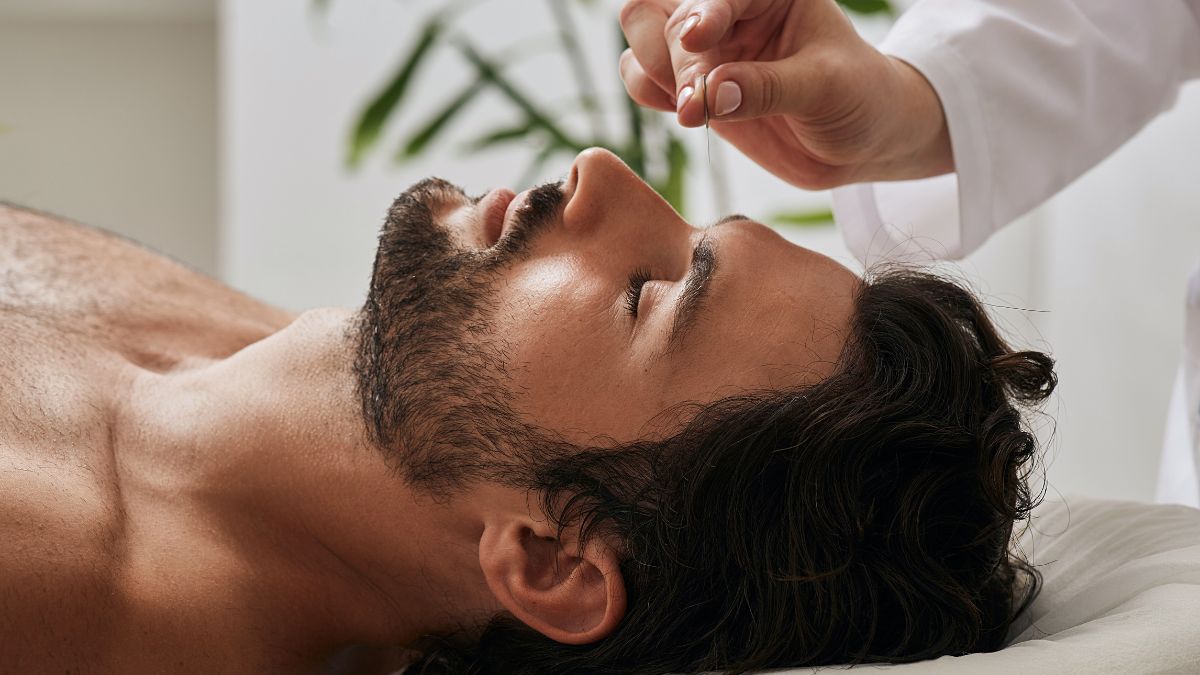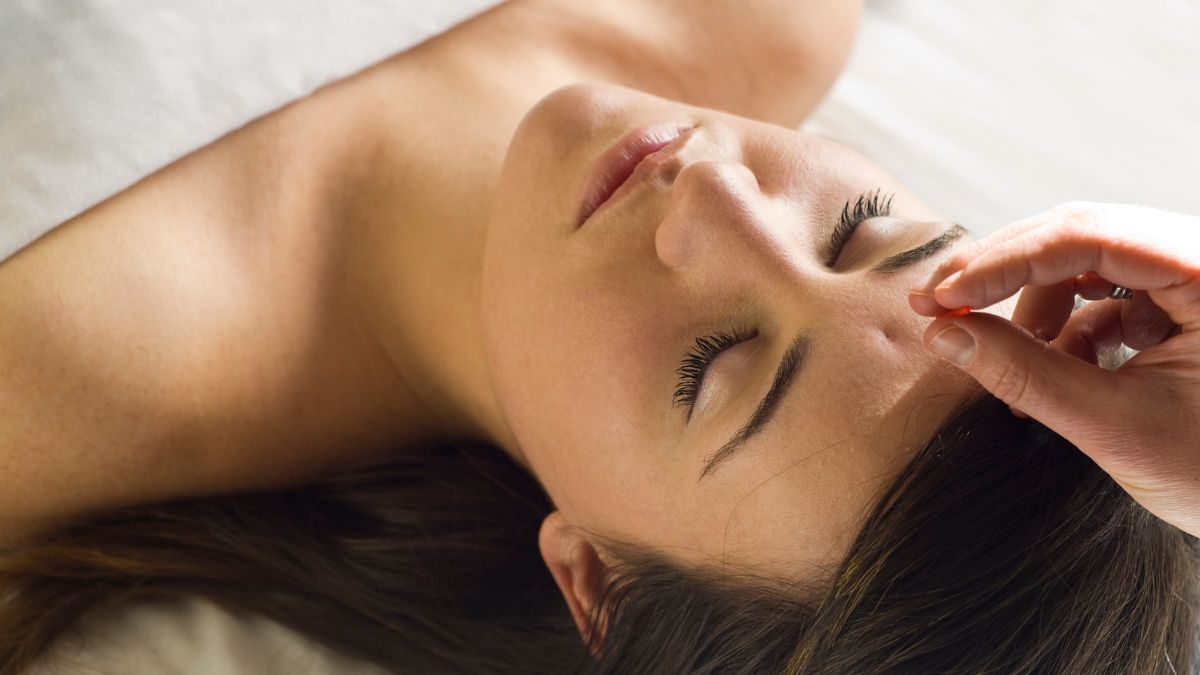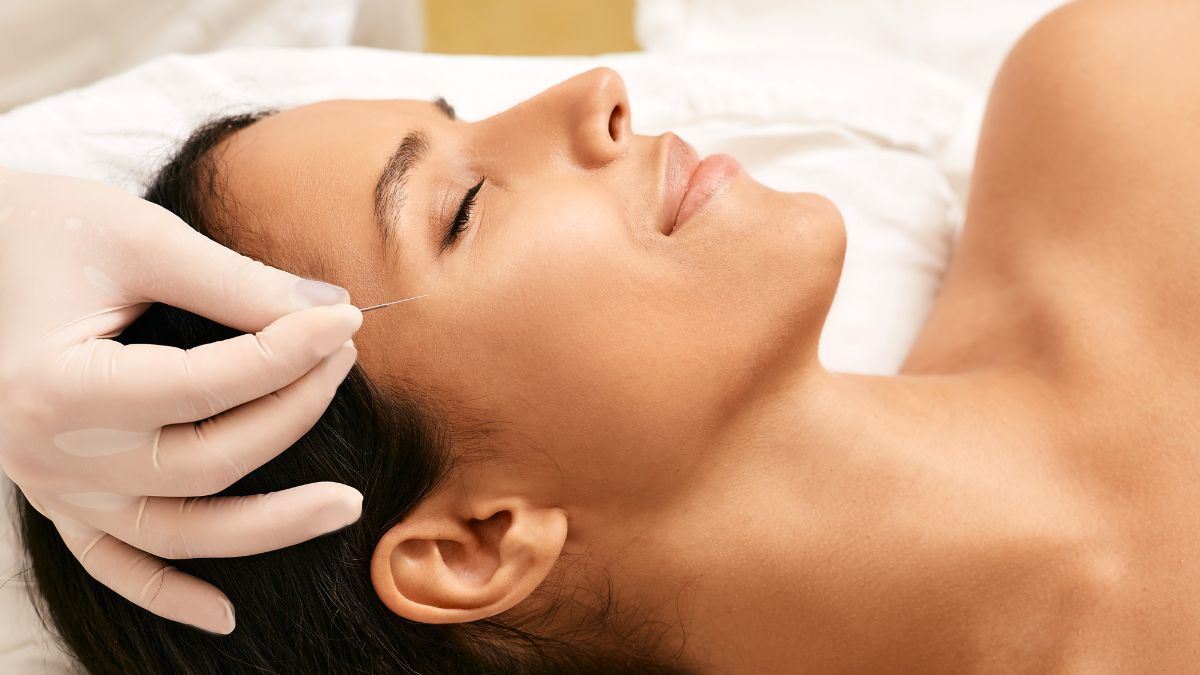
Quality sleep is essential for maintaining good health and overall well-being. However, many people struggle with getting restful, uninterrupted sleep due to stress, anxiety, hormonal imbalances, and lifestyle factors. While numerous conventional treatments exist for improving sleep, acupuncture—a key component of Traditional Chinese Medicine (TCM)—has gained popularity as a natural, holistic approach to enhancing sleep quality. This article explores how acupuncture helps improve sleep, the mechanisms behind its effectiveness, what to expect during a treatment session, and how it integrates into a comprehensive approach to health and wellness.
The Importance of Quality Sleep
Sleep is more than just rest; it is a critical period when the body undergoes repair, growth, and rejuvenation. Adequate sleep supports immune function, emotional stability, cognitive performance, and metabolic health. Unfortunately, millions suffer from sleep disorders such as insomnia, sleep apnea, restless leg syndrome, and circadian rhythm disturbances. These conditions can lead to long-term health problems, including hypertension, diabetes, depression, and weakened immunity. Finding effective solutions to these sleep problems is essential for enhancing overall health and well-being. Acupuncture, rooted in ancient Chinese practices, offers a natural, non-pharmaceutical way to achieve better sleep.
Sleep disturbances can stem from various factors, such as stress, anxiety, lifestyle habits, or underlying medical conditions. Understanding the root cause of sleep issues is crucial for addressing them effectively. Acupuncture provides a personalized approach to treatment, targeting the specific imbalances causing sleep disruptions and promoting the body’s natural ability to heal and restore itself.
How Acupuncture Works to Improve Sleep
Acupuncture involves the insertion of fine, sterile needles into specific points on the body, known as acupuncture points. These points lie along pathways called meridians, where energy, or “Qi,” flows. In TCM, sleep disturbances often arise when there is an imbalance or blockage of Qi along these meridians. By stimulating these points, acupuncture aims to restore balance, allowing energy to flow freely and enhancing the body’s natural healing processes.

Here’s how acupuncture specifically helps improve sleep quality:
Calming the Mind and Reducing Stress: Stress, anxiety, and racing thoughts are some of the most common causes of sleep disturbances. Acupuncture has a calming effect on the nervous system by balancing energy levels and promoting relaxation. When specific points are stimulated, the body releases endorphins—natural chemicals that help reduce stress and create a sense of calm, making it easier to fall asleep and stay asleep.
- Balancing Hormones and Neurotransmitters: Hormones like cortisol (a stress hormone) and melatonin (a sleep-regulating hormone) play crucial roles in sleep regulation. Imbalances in these hormones can lead to sleep disruptions. Acupuncture helps to balance hormone levels by affecting the endocrine system, supporting the body’s natural sleep-wake cycle, and promoting deeper, more restorative sleep. It may also help increase serotonin levels, which aid in mood and sleep regulation.
- Improving Circulation and Energy Flow: Poor circulation and energy blockages can cause tension, discomfort, and restlessness, all of which interfere with good sleep. Acupuncture enhances blood flow and energy circulation throughout the body, alleviating these physical discomforts and promoting relaxation. Improved circulation supports overall organ function, making it easier for the body to relax into deep, restorative sleep.
- Relieving Pain and Physical Discomfort: Chronic pain conditions, such as arthritis, migraines, or back pain, can make falling and staying asleep difficult. Acupuncture is widely recognized for its ability to manage pain naturally. By stimulating specific points, acupuncture triggers the release of natural pain-relieving chemicals and improves blood flow to affected areas, reducing pain and facilitating a more restful sleep.
- Restoring the Body’s Natural Rhythm: Many people experience sleep disturbances due to irregular schedules or disruptions in their circadian rhythm, such as those caused by shift work, travel, or stress. Acupuncture can help reset the body’s internal clock by balancing Qi and supporting natural circadian rhythms, essential for maintaining a healthy sleep-wake cycle.

Common Acupuncture Points for Sleep Enhancement
Several acupuncture points are commonly targeted to help improve sleep quality. Each point is strategically located to influence various functions in the body, helping to calm the mind, reduce stress, and regulate sleep patterns. Some of the most frequently used acupuncture points for sleep include:
- HT7 (Shenmen): Also known as the “Spirit Gate,” this point is located on the wrist and is effective in calming the mind, reducing anxiety, and promoting sleep. It is often used to treat insomnia and emotional disturbances that affect sleep.
- SP6 (Sanyinjiao): Found on the inner leg above the ankle, SP6 is a powerful point for calming the mind and balancing hormones. It is particularly useful for people who have trouble sleeping due to stress or hormonal imbalances. This point also benefits digestive health, which can indirectly impact sleep.
- GV20 (Baihui): Located at the top of the head, GV20 is used to alleviate stress, anxiety, and mental fatigue that can interfere with sleep. It is known for its calming effects and is frequently used to treat headaches, dizziness, and insomnia.
- Yintang (Third Eye Point): Situated between the eyebrows, this point promotes relaxation and reduces anxiety, both of which are crucial for better sleep. It is also effective in relieving headaches, eye strain, and restlessness.
- Anmian (Peaceful Sleep): Positioned just behind the ear, Anmian is targeted explicitly for treating insomnia and helping patients achieve deep, restful sleep. It is one of the most commonly used points for sleep disorders and is effective in calming the mind and reducing tension.
An experienced acupuncturist will choose the appropriate points based on the patient’s symptoms and underlying causes of sleep disturbances, creating a personalized treatment plan tailored to each individual’s needs.
What to Expect During an Acupuncture Session for Sleep Improvement
For those new to acupuncture, understanding what happens during a session can help set realistic expectations and ease any apprehensions. Here’s a general overview:
- Initial Consultation: The process typically begins with a detailed consultation where the acupuncturist will ask about your sleep patterns, medical history, stress levels, and lifestyle. This helps them identify the root causes of your sleep issues and develop a targeted treatment plan.
- Acupuncture Treatment: During the session, the acupuncturist will insert thin, sterile needles into specific acupuncture points on your body. The sensation is usually mild and can range from a slight tingling to a feeling of heaviness. The needles are left in place for about 20 to 30 minutes, during which most people experience a deep sense of relaxation.
- Relaxation and Rest: Many patients report feeling calm, relaxed, and sometimes even sleepy during or immediately after their acupuncture sessions. This relaxation effect is a positive indication that the body is responding well to the treatment.
- Follow-Up Sessions: Depending on the severity of your sleep issues and how well you respond to the initial session, the acupuncturist may recommend a series of follow-up treatments. Regular sessions can help reinforce the body’s natural sleep rhythms and improve sleep quality over time.
- Additional Recommendations: Along with acupuncture, the practitioner may suggest lifestyle changes, dietary adjustments, and relaxation techniques to support better sleep. These recommendations are part of a holistic approach to wellness.

Integrating Acupuncture into a Holistic Sleep Strategy
While acupuncture can be highly effective for enhancing sleep quality, it is most beneficial when integrated into a broader wellness strategy. Combining acupuncture with other healthy sleep habits can create a synergistic effect that maximizes results. Here are some tips to enhance the benefits of acupuncture for better sleep:
- Maintain a Consistent Sleep Schedule: Going to bed and waking up at the same time every day helps regulate your body’s internal clock, making it easier to fall asleep and wake up naturally.
- Create a Relaxing Bedtime Routine: Incorporating calming activities like reading, taking a warm bath, or practicing relaxation exercises can help signal to your body that it’s time to wind down.
- Limit Screen Time Before Bed: Phones, tablets, and computers emit blue light that can interfere with melatonin production. Try to avoid screens for at least an hour before bedtime.
- Practice Mindfulness and Meditation: Techniques such as mindfulness meditation, deep breathing exercises, or yoga can help calm the mind and reduce stress, complementing the effects of acupuncture.
- Avoid Stimulants in the Evening: Caffeine, nicotine, and other stimulants can disrupt sleep. Opt for herbal teas or warm milk in the evening instead.
- Optimize Your Sleep Environment: Ensure your bedroom is conducive to sleep by keeping it cool, dark, and quiet. Consider using blackout curtains, white noise machines, or comfortable bedding to create an ideal sleep environment.
How Acupuncture Complements Other Therapies
Acupuncture is often used alongside other therapies to provide a comprehensive approach to sleep improvement. For instance, combining acupuncture with herbal medicine, aromatherapy, or chiropractic care can enhance the overall effects of treatment. While acupuncture addresses the energetic and physiological aspects of sleep disorders, other therapies may target the body in different ways, providing a more rounded approach to health.
By integrating acupuncture with other holistic practices, patients can address multiple facets of sleep disorders, from physical discomfort and pain to emotional stress and lifestyle habits. This comprehensive approach ensures that all underlying factors are considered, offering a more effective path to better sleep and overall health.
Conclusion
Acupuncture offers a natural and holistic approach to improving sleep quality by addressing underlying causes like stress, anxiety, hormonal imbalances, and chronic pain. Its ability to promote relaxation, regulate hormones, and balance the body’s energy flow makes it a powerful tool for those looking to enhance their sleep and overall well-being. If you are interested in trying acupuncture for better sleep, schedule a session with Best Acupuncture Orange County. Contact them today at (949) 867-0150 to book your next acupuncture treatment and take a step toward better sleep and improved health.
Medical note: This article is for educational purposes and isn’t a substitute for personalized medical advice. Always consult your healthcare professional for guidance about your specific condition, medications, and treatment options.

